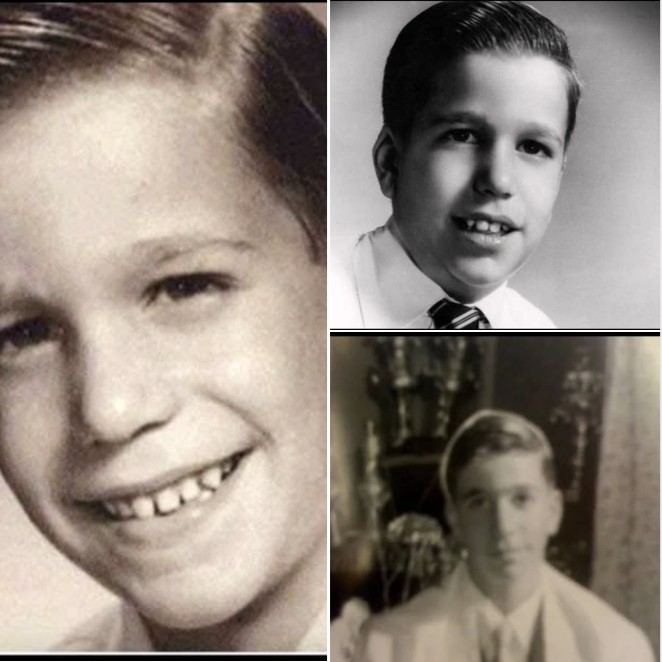When he landed the iconic role of Arthur “Fonzie” Fonzarelli on Happy Days, his career skyrocketed. Fame didn’t erase the daily embarrassment of struggling with lines, nor the fear of being “found out.” People thought he was charmingly spontaneous; the reality was necessity disguised as charisma.
It wasn’t until Winkler became a stepfather that the pieces began to click. Watching his stepson struggle with similar challenges, he pursued testing. The diagnosis shocked him: dyslexia. At thirty-one, he finally had a name for the lifelong difficulty that had shaped so much of his life.
First came anger — at the years of misunderstanding, at the shame and accusations. But Winkler didn’t stay there. He turned his experience into purpose.
He co-created the Hank Zipzer children’s book series, featuring a young boy with dyslexia navigating school, friendships, and frustration with humor and grit. Hank isn’t a superhero; he’s a kid just trying his best in a world that often fails to accommodate the way his brain works.
The books struck a chord. Letters poured in from children who had felt isolated, misunderstood, or labeled as “slow.” Winkler replied to every one, delivering the message he had longed to hear:
“Your learning challenge will not stop you from achieving your dream. Only you can stop yourself.”
Winkler’s career has spanned decades — acting, producing, writing, and winning awards. But when asked what matters most, he doesn’t point to trophies. He points to the books and the impact they’ve had on kids who now know they’re not alone.
Dyslexia didn’t disappear. He still deals with it every day. But what once felt like a limitation is now a tool for empathy and inspiration. Instead of hiding his struggles, Winkler uses them to empower others, proving that intelligence isn’t measured by speed or neatness — it’s measured by what you create from the pieces you’re given.
Henry Winkler’s story isn’t about “overcoming” disability. It’s about understanding it, living with it, and transforming it into something meaningful. For every child staring at a page and feeling defeated, his life stands as proof that challenges don’t define you — what you do with them does.

